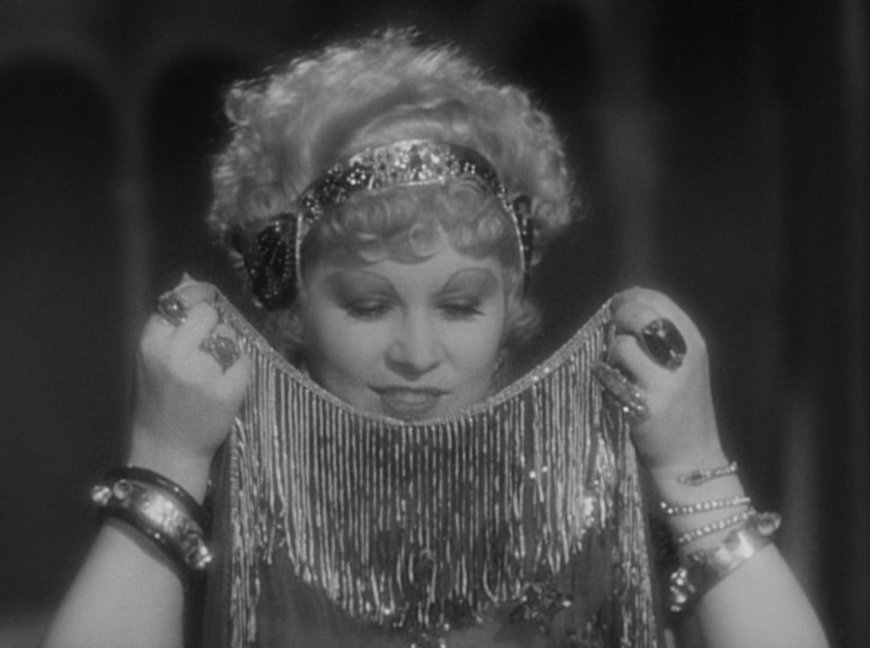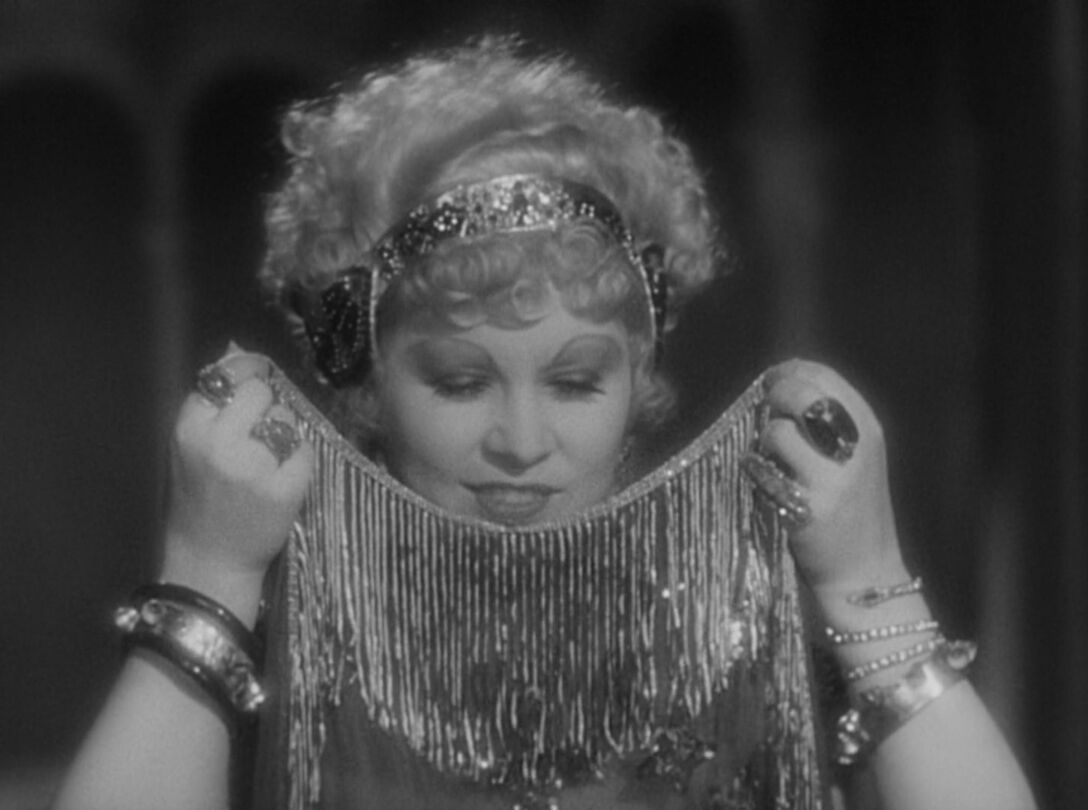Why are people transvestigating this 1930s gay icon?
What's this rumor all about?


For those unfamiliar with the phenomenon of transvestigation, it goes a little something like this: conservatives obsessed with being able to tell trans women from cis women take to the internet to make insane, borderline-phrenologist arguments about why a random celebrity is “secretly trans” or not.
It’s a disturbing practice that shows just how obsessed with us our enemies really are, and it’s given birth to some truly wild theories. But transvestigation isn’t all bad—sometimes, using the information that’s at our immediate disposal, we can bring to light figures from the past who, in their own words, expressed a gender identity that wasn’t binary or particularly cis.
How about we take this to the next level?
Subscribe to our newsletter for a refreshing cocktail (or mocktail) of LGBTQ+ entertainment and pop culture, served up with a side of eye-candy.
Subscribe to our Newsletter today
And then there’s the third kind of transvestigation, which is the weirdest kind. This is when people pick up on old rumors, interviews, and random gossip to string together a working theory of someone’s transness. It’s one thing to take someone else’s words seriously and listen to them when they tell you who they are—it’s entirely another to take gossip about someone’s gender identity as gospel truth.
So tell me why we’re doing Mae West transvestigation in the year of our lord 2025?
The answer? Raquel Welch.
For some reason, a disembodied quote from an interview Raquel Welch did in the 1970s to promote her starring role in Myra Breckinridge is floating around on social media, and it seems to allege that West was “a man” doing drag for her entire life. But there’s much, much more to the story.
Myra Breckinridge—adapted from Gore Vidal’s novel about a chaotic trans woman obsessed with old Hollywood—was Mae West’s final film, and it’s a very fitting end to her cinematic oevure. In Myra, West plays grande dame Leticia Van Allen, a casting agent on the hunt for young men—the hunkier the better.
It was an iconic finish to a truly legendary career, and West’s performance is indeed one of the few aspects about the film that actually works. But for some reason, Welch ended up telling reporters that because of West’s heavy makeup, she thought West was a man who had been cosplaying as a woman all this time.
Nice try, Raquel! She’s definitely hitting on something interesting here, but it’s not transness. In West’s film roles—especially her pre-code performances—her whole schtick revolves around a certain gender anxiety. West always plays a glamorous woman who is adored by every man she meets, and feels no compunctions about enjoying herself sexually. Despite being a cis woman, she acts like a drag queen, purposely dialing up the then-outrageous notion that a woman could, and should, be having sex with every hunky piece of man meat she sees.
The effect is very campy, and quite subversive—and West was no stranger to the queer side of life. Her 1927 play, simply titled “Sex,” got her arrested and dragged off the stage, while other plays she wrote in the ’20s straightforwardly spoke about gay life. West knew drag queens and was inspired by them: her love for queer people led her to defy the rules of the theater at the time, when gay characters were forbidden from even having speaking lines. Offstage, West’s attitude was the same. She mentored queer men throughout her life and never forgot what she owed the community.
But no, she was not trans. And that’s fine! Just like gay icons don’t have to be gay, trans icons don’t have to be trans. All they have to be is courageous, outspoken, and an advocate for LGBTQ+ rights—which West certainly was.
So, if you see this rumor popping up on your FYP, don’t believe the hype. Just believe that Mae West was, and continues to be, one of the truest originals to ever grace the American stage, screen, and boulevard.
Sign up for the Queerty newsletter to stay on top of the hottest stories in LGBTQ+ entertainment, politics, and culture.

 Mark
Mark 






